.webp)
Kogi November Elections: 3 in every 5 registered voters may not vote
This trend is not just seen in the state’s governorship elections but also in the general elections, Dataphyte’s analysis shows.
.webp)
This trend is not just seen in the state’s governorship elections but also in the general elections, Dataphyte’s analysis shows.
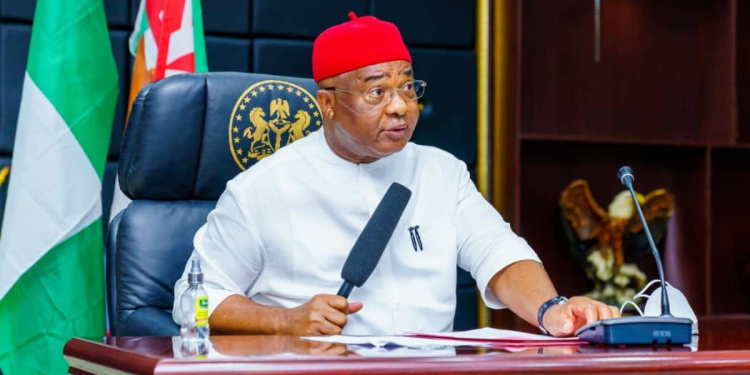
In the past governorship elections, mainly the last three, the voter turnout has been consistently below 50%. That is, the percentage of the registered voters who cast their vote on the election day.
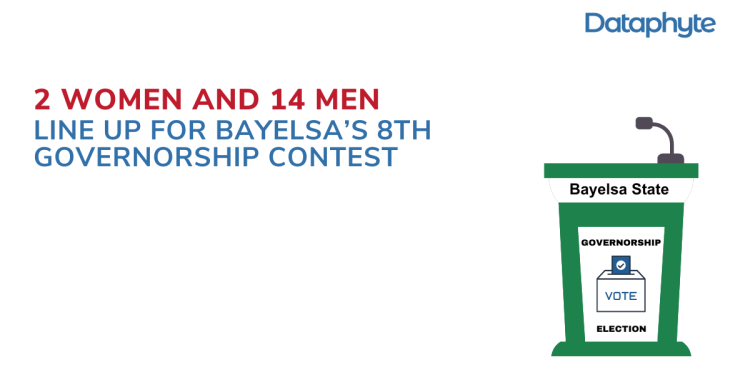
Regarding voter participation, the state has shown a relatively high turnout. Data shows that in 2012, the state had 591,870 registered voters. On the election day, 79% of registered voters participated by casting their votes.
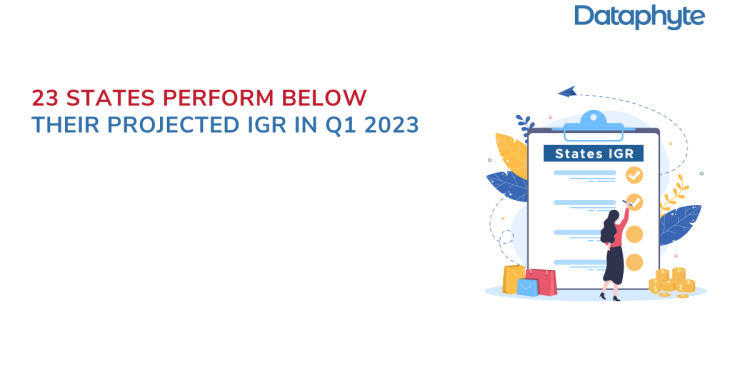
On expenditure performance for Q1, Delta State had spent 33.6% of its budgeted expenditure for the year. Ekiti State, on the other hand, had spent one-quarter of its budget for 2023 in the same period.
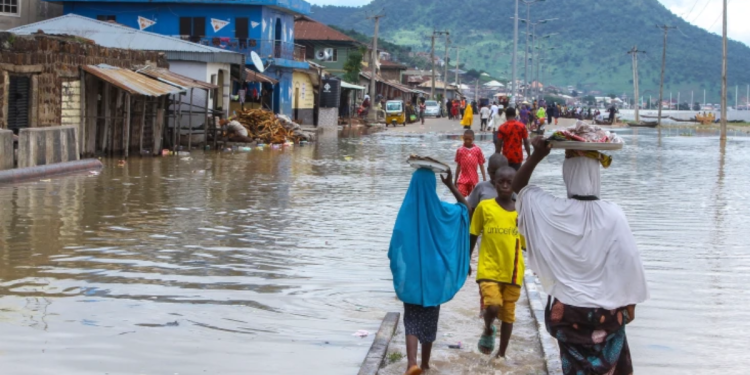
A review of the 36 states’ 2023 budgets showed that all, except 9 states, earmarked funds for flood and erosion control.
.webp)
If the Tinubu government then decides to retain it for the first four years of its administration, subsidy payment is estimated to gulp 14.01 trillion.
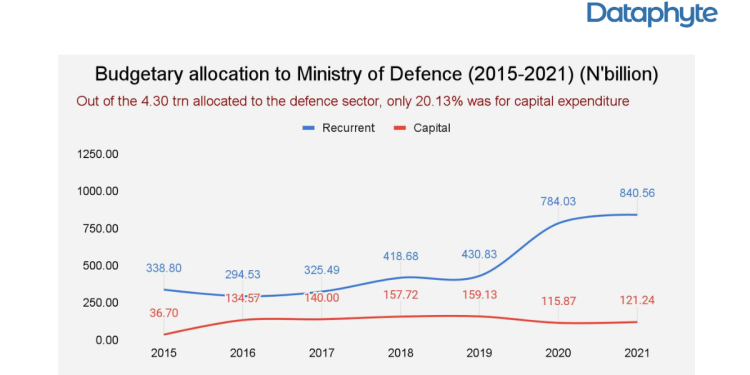
Dataphyte’s review of the budgetary allocation to the sector shows an annual increase in the total funds allocated to the sector. However, a large chunk of went to recurrent expenditure.
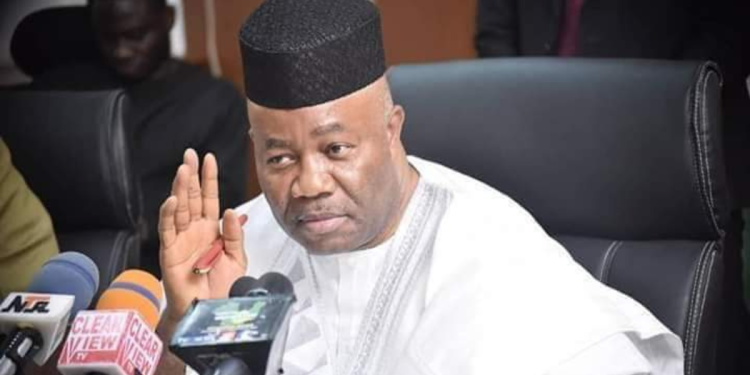
About one year after his appointment, in July, Akpabio appeared before the House of Reps Committee on Niger Delta for the investigation of the N81.5 billion expenditure by the NDDC in a span of seven months (January to July).
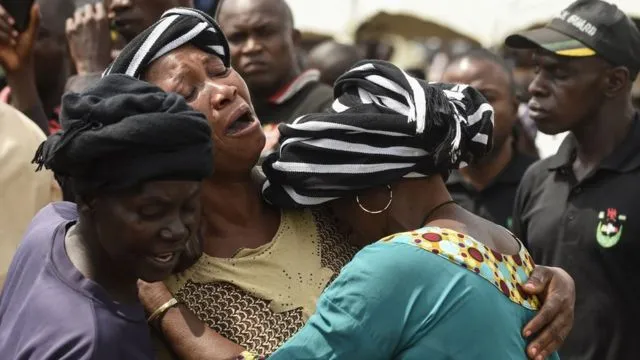
A recent data published by SBM Intelligence revealed that 2,047 deaths were recorded in Nigeria in the first quarter (Q1) of 2023.
.webp)
Altogether, 3.21 million passengers used the trains in the whole of 2022, and a total of N4.55 billion was generated as revenue.

The infrastructure gaps in Nigeria manifest in lack of good roads and railway network; poor power generation, transmission and distribution systems; poor water, health, housing, and education facilities, among others. Their poor supply or non-availability has limited the country’s development.

But the brain drain is not limited to doctors alone; nurses and midwives are also leaving. A previous report by Dataphyte highlighted this.

However, the projection for 2024 in the April report shows little optimism for Nigeria. In its January update, the IMF had projected a 2.9 percent economic growth for Nigeria in 2024. But in the April update, it has raised the country’s 2024 economic growth projection to 3.0 percent.
.webp)
Capital importation is foreign investments into a nation’s economy and is necessary for economic growth as it enables rapid investment. They are made up of three categories — Portfolio Investment, Foreign Direct Investment (FDI), and Other Investments.
.webp)
An analysis of the bi-annual data showed that Taraba State increased its external debt by 108.57 percent. Adamawa, Ogun, and Osun states also saw rises in their external debts.